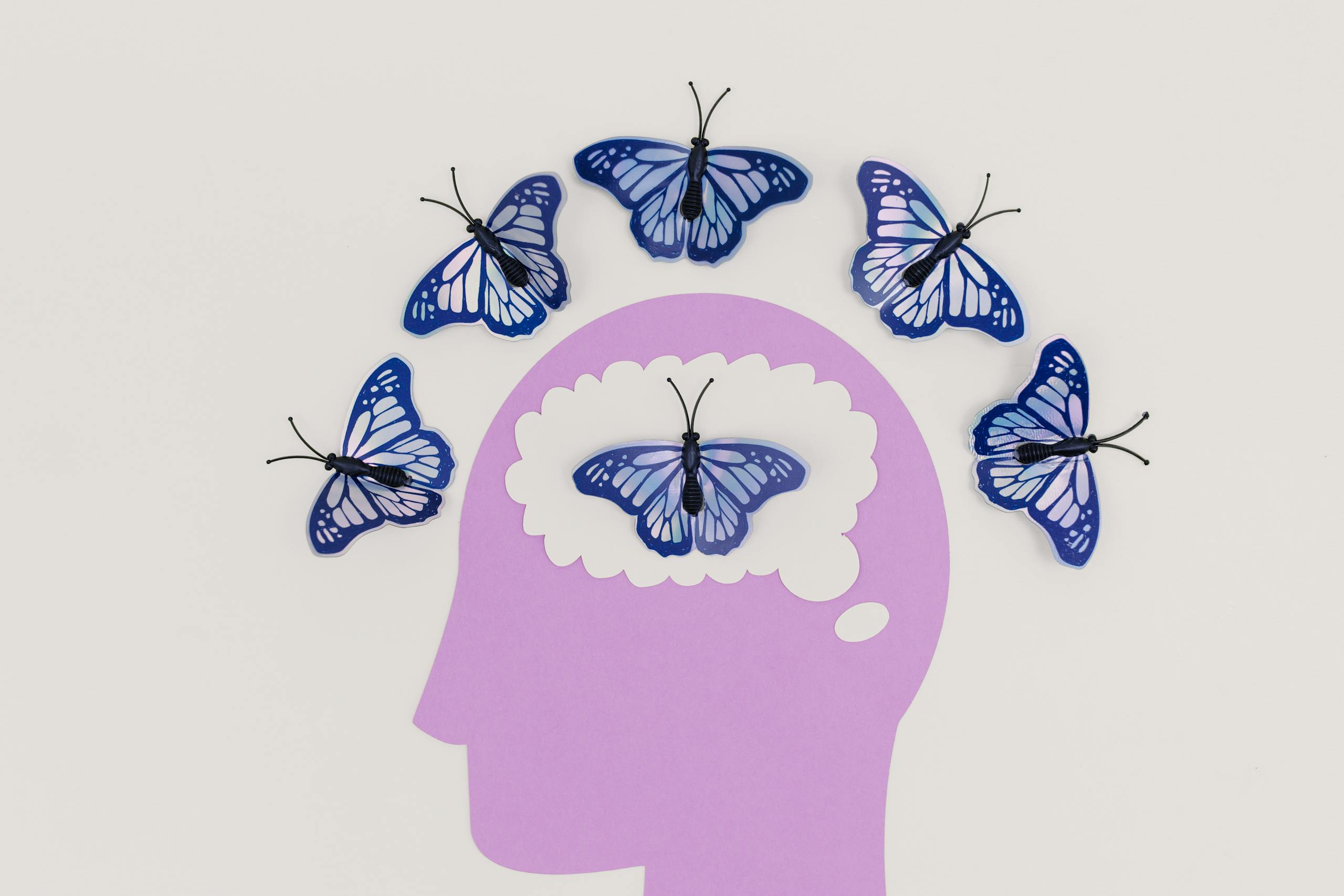Introduction
Well, that is just a mouth full of words that might have you running for the hills. Big, confusing, and overwhelming medical terms can do that to me as well. That is why I am here to tell you it is not at all big, confusing, or overwhelming. Actually paying attention to your gut-brain axis may help you with emotions such as stress, anxiety, depression, etc. But let’s pause there and get back to the basics before I go too far.
What is the gut?
The gut is just another term for the small and large intestine. Inside of our intestines are these little microbes (also known as the gut microbiome) that help our bodies digest food, absorb nutrients, and produce waste. We have more than 100 trillion of these little guys just sitting in our GI tract, digesting our food and communicating with the brain. Yes, you read that right. Communicating with the brain!
What is the “Axis”?
Now that you understand that the gut is just another term for our intestines, what exactly is the “axis”? The axis is just a fancy word meaning the connection between the gut and brain. Hence the term “Gut-Brain Axis”. You can think of a cord stretching from your brain to your intestines that transports information. This information that is exchanged affects both our digestion and mood.
How Does the Gut Microbiome Influence Mental Health?
Did you know that about 90% of your serotonin is made in your gut, then transported to your brain via blood vessels in that “axis” we just talked about? Serotonin is a hormone that helps to regulate mood. Adequate amount of serotonin helps to increase mood, support intestine function, promote wound healing, and help with sleep. When our bodies are not producing enough serotonin, depression, anxiety, and digestive issues occur as a result. So how can we make sure we are fueling our gut microbiome to produce serotonin?
There are many different foods that can help support gut health. One of those foods is fiber. Our tiny microbes located in our intestine love to eat up the fiber we consume! Fiber can be found in a variety of foods such as fruits, vegetables, and whole grains. Another food that supports gut health is fermented foods. Fermented foods contain other live, beneficial bacteria that increase the diversity of bacteria in our gut, as well as fuel the beneficial bacteria in our gut. Some examples of fermented foods are yogurt, sauerkraut, kombucha, and kimchi. Pickles are also fermented! But don’t be fooled. Pickles on the shelf-stable isles are not fermented, while pickles in the refrigerator section usually are. It is important to note that all foods we eat fuel our microbes, and there is room for all foods for a balanced gut microbiome!
How Do Eating Disorder Behaviors Influence the Gut-Brain Axis?
Eating Disorders (ED) play a detrimental role in the gut-brain axis. Your brain and gut bacteria have a direct response to the stress it is put under. Let’s go through some common ED behaviors and how they affect your gut, brain, and overall health.
Purging Behaviors
Purging through long-term laxative use can be harmful to our gut bacteria. It can do this by decreasing the amount of beneficial bacteria in our gut, which can result in decreased bowel movements. Purging through vomiting can lead to tears in the throat caused by stomach acid. Stomach acid can also increase heartburn. Both of these purging behaviors can lead to dehydration, which has a direct effect on health. Dehydration can lead to mood changes and inability to do every-day activities.
Overexercising puts extra stress on your body. This extra stress can look like increased anger, irritability, and overall mood changes. Overexercise can also cause a decrease in overall energy, increased risk of breaking a bone, and for females can lead to an absent or irregular period.
Restrictive Behaviors
Restriction can reduce fuel for the gut microbiome. Restriction can also lead to a plethora of nutrient deficiencies. When our body does not get the essential nutrients it needs to function every day, systems in our body start to shut down. Some examples look like decreased hormone production, more fragile bones, and a loss of a period for women. Restriction also leads to decreased fuel for our brain. The brain’s main source of fuel is glucose (the broken down form of sugar). Long-term restriction negatively impacts our brain as it decreases the fuel it has to function, which then affects all other body systems.
Restriction can also decrease gut diversity. Our gut likes a variety of food options, and if there are only a couple of foods you allow yourself to eat, that can impact diversity and function of the gut microbiome. When diversity in the gut decreases, our ability to digest food decreases. This is because our gut microbes help us to break down foods.
Binging Behaviors
Excessive intake in a short period of time can put excess stress on the body. Now, while some stress is normal, chronic stress is not. Chronic stress directly impacts our brain and gut health. Chronic stress can change the amount and type of the bacteria in our gut, which can then change digestion patterns and mood. Chronic stress can alter our mental health by always being in “fight or flight” mode. This can lead to social isolation, and a decrease in messages your brain sends out.
Binging behaviors can also decrease gut diversity. It is important to fuel your body with different foods so you support diversity in your gut. Eating different foods will also stimulate your brain more because you are adding variety. What’s the main take-away? Our brain, bodies and microbes love diversity!
Conclusion
In conclusion, our gut-brain axis is pretty amazing! The foods we eat fuel our gut microbes, which in turn fuel our brain. Our brain sends many signals to the gut which influence digestion and the amount and type of microbes we have. Don’t forget to fuel those little microbes that do so much for you!


